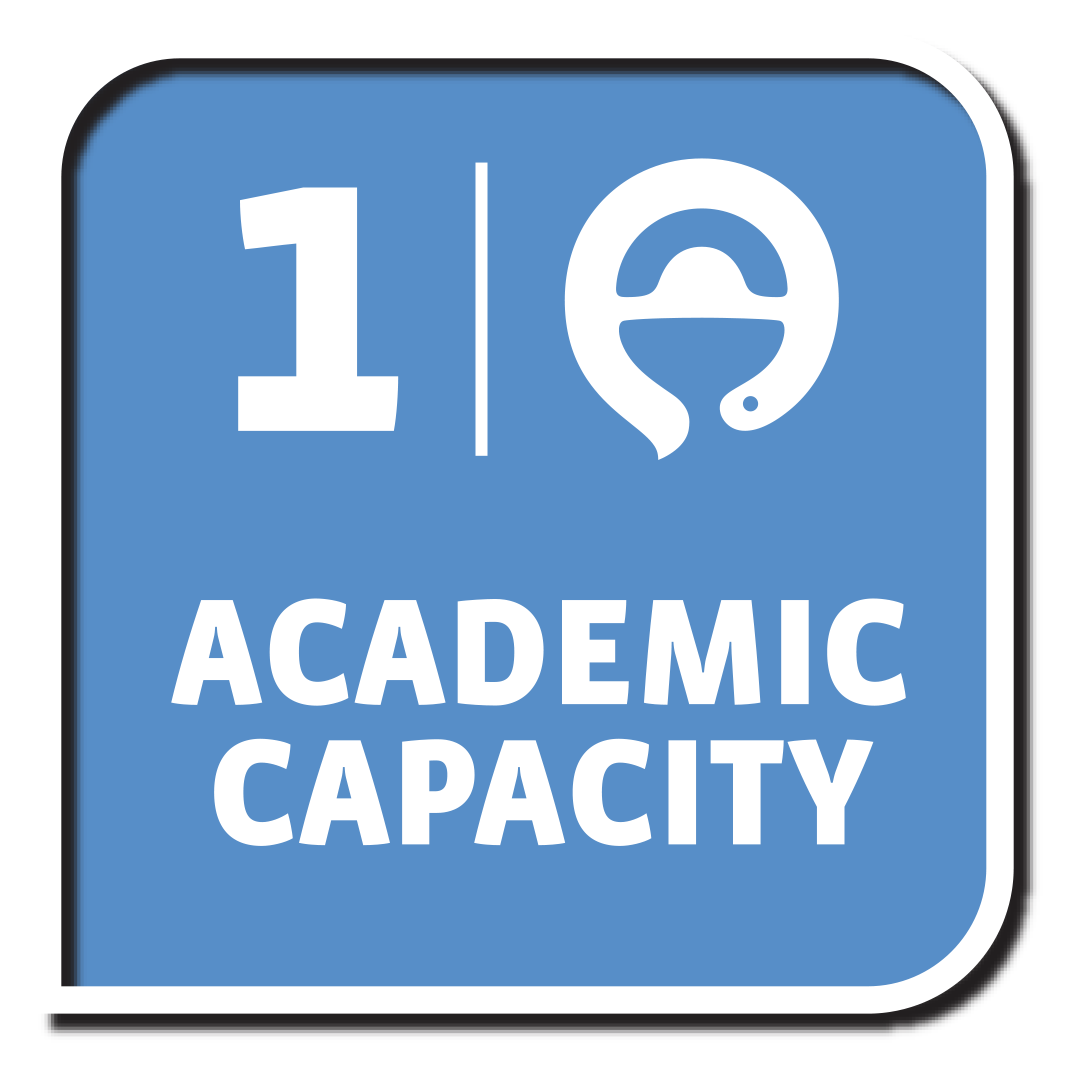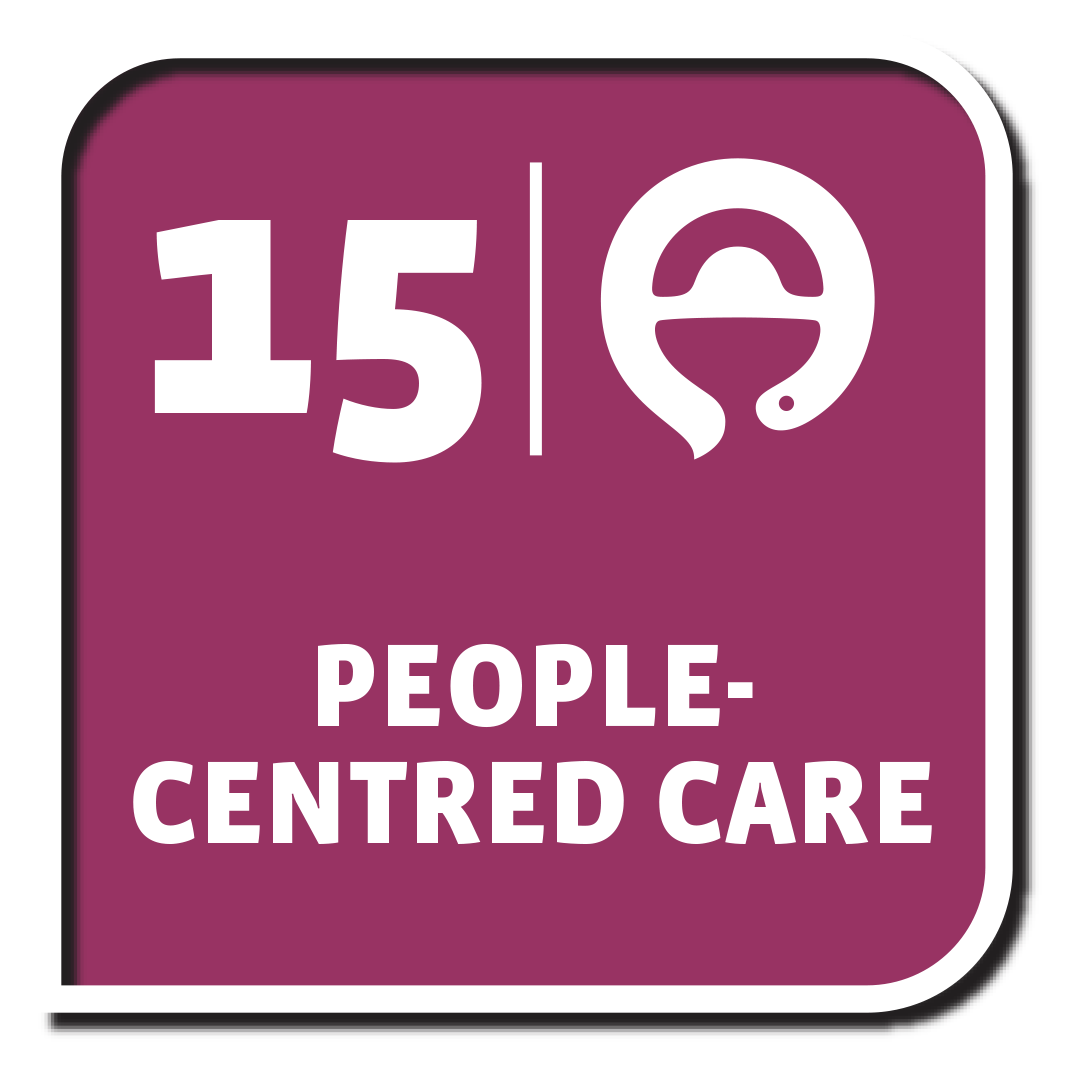PSMO-02 - The ethics of pharmacist prescribing: An examination of responsibilities involved in expanded practice
Tracks
Room D2
| Monday, September 1, 2025 |
| 11:00 - 12:30 |
| Room D2 |
Details
Organised by the FIP Ethics Advisory Group in collaboration with the FIP Social and Administrative Pharmacy Section, the FIP Community Pharmacy Section & the FIP Academic Pharmacy Section
Chair(s)
Assoc. Prof. Betty Chaar, Co-Chair of FIP Ethics Advisory Group, Australia & Dr Sanya Ram, University of Auckland, New Zealand
Introduction:
In recent years, particularly after the Covid pandemic, in many countries and despite many challenges, pharmacy as a profession has expanded its provision of services to include the all-important power to prescribe. Pharmacist prescribing has the potential to improve access to healthcare, reduce costs (both individual and governmental), increase efficiency and enhance patient satisfaction, when conducted in an ethical and caring manner.
Various models have been adopted in countries such as the UK, USA and, to some extent, Australia. This evolution is testimony to the trust endowed upon pharmacists by the public that must be revered and maintained to the best of our ability. This is also an opportunity to have immense positive impact on patient health and well-being at a very high level.
Prescribing is a scientific, evidence-based skill, grounded in clinical knowledge and understanding of medical conditions, as well as the treatments available for those conditions. Responsibilities range from independent or collaborative prescribing through to prescribing for minor ailments or emergency supply. This is similar to other services that pharmacists provide, such as tobacco and nicotine dependence cessation as stated in the FIP Statement of Policy on the role of the pharmacist in promoting a tobacco free future from 2023.
Prescribing is akin to tailoring, carefully selecting the most advantageous choice of medication to suit the individual patient and their circumstances. This requires much more than knowledge; there is a need for appropriate communication skills, as well as in-depth understanding of ethical implications and responsibilities attached to this service. For example, pharmacist prescribing entails attending to perceived conflicts of interest, building trust of patients and other healthcare providers, and ensuring privacy is protected.
This session will examine models of prescribing in a few countries, and will provide recommendations for educational training and ethical aspects of prescribing, using case studies and analyses to induce quality discussion at workshop tables.
Programme:
Learning objectives:
1. To explore prescribing in pharmacy from a practitioner’s perspective. This is particularly important to pharmacists who do not yet have prescribing in their countries.
2. To understand how to build trust within a community in pharmacy professional services. What factors influence trust? How do we negotiate trust?
3. To explore and understand new ethical perspectives that relate to responsibilities entailed in pharmacist prescribing, including ethical dilemmas (such as perceived conflicts of interest).
Take home messages:
For each new professional privilege there is a duty to gain and maintain public trust.
FIP Development Goals:


 To learn more about these FIP Development Goals, click on the links below.
FIP Development Goal 1: Academic Capacity
FIP Development Goal 4: Advanced and Specialist Development
FIP Development Goal 15: People-Centred Care
To learn more about these FIP Development Goals, click on the links below.
FIP Development Goal 1: Academic Capacity
FIP Development Goal 4: Advanced and Specialist Development
FIP Development Goal 15: People-Centred Care
| 11:00 – 11:10 | Introduction by the chairs | |
| 11:10 – 11:30 | Navigating the prescribing landscape | |
| Mrs Claire May, University of Brighton, UK | ||
| 11:30 – 11:50 | The ethics of prescribing – building and maintaining trust in the profession of pharmacy | |
| Assoc. Prof. Betty Chaar, Co-Chair of FIP Ethics Advisory Group, Australia | ||
| 11:50 – 12:10 | Workshop | |
| 12:10 – 12:25 | Panel discussion with chairs, speakers and additional panellists: | |
| Assoc. Prof. Abby Kahaleh, Professor & Chief Education Strategist at Kahaleh Consulting LLC, USA | ||
| Mr Rhys Llewellyn, NHS University Hospitals of Liverpool Group, UK | ||
| 12:25 – 12:30 | Closing by the chairs |
Speakers
Ass.Prof. Betty Bouad Chaar
Associate Professor
The ethics of prescribing – building and maintaining trust in the profession of pharmacy.
Mrs Claire May
University of Brighton
Navigating the prescribing landscape
